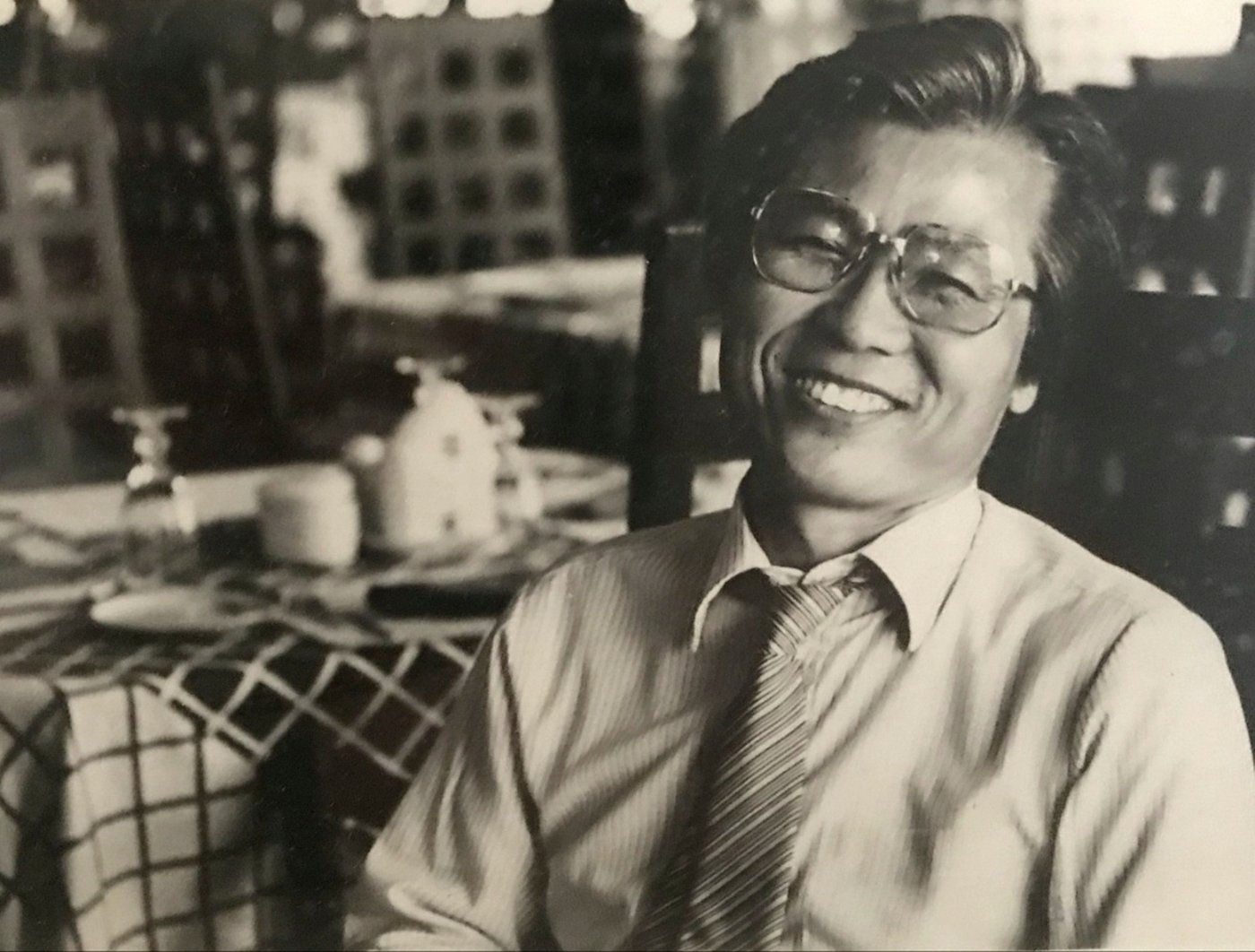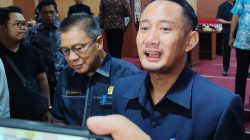A Legacy of Journalism and Insight
Paul Shin, a renowned journalist whose career spanned decades and shaped the global understanding of South Korea, has passed away at the age of 84. His work as a reporter and mentor left an indelible mark on the country’s media landscape and its international perception.
Early Career and Contributions
Shin began his journalism journey in 1965 with the Seoul-based English-language daily, Korea Herald. He later joined United Press International before becoming a correspondent for The Associated Press in 1986. His career coincided with some of South Korea’s most pivotal moments, from the era of military rule to the nation’s rise as a global economic power.
Throughout his time at the AP, Shin covered major events that defined the country’s trajectory. These included the 1988 Seoul Olympics, which brought global attention to South Korea, and the complex relationship between North and South Korea, marked by both conflict and moments of reconciliation.
Notable Work and Recognition
One of Shin’s most significant contributions was his involvement in a groundbreaking investigative series on the No Gun Ri massacre during the Korean War. This investigation, led by a team including Choe Sang-Hun, Charles J. Hanley, Martha Mendoza, and Randy Herschaft, revealed the tragic killing of Korean War refugees by U.S. troops. The series earned the prestigious Pulitzer Prize for investigative reporting in 2000.
Shin also covered critical events such as the 1973 abduction of pro-democracy dissident Kim Dae-jung, who later became president and won the 2000 Nobel Peace Prize. He witnessed the tensions between Washington and Seoul following the 1979 coup by Maj. Gen. Chun Doo-hwan, whose authoritarian rule lasted until 1987 when mass protests forced a shift toward democratic elections.
Challenges and Reflections
In interviews, Shin often reflected on the early challenges of being one of the few international reporters in South Korea. Limited access to communication tools and the race to file breaking news via telegram were common hurdles. He described how the lack of diverse news from the country contributed to a negative international image, especially before the late 1980s.
“Until the mid-1970s, there wasn’t much internationally relevant news coming out of South Korea beyond tensions with North Korea, crackdowns on opposition parties, and student protests,” he once said. “The news became more diverse after the late 1980s, thanks to developments like economic growth and hosting the Olympics.”
Personal Life and Legacy
John Shin, Paul’s son, remembered his father as a warm and responsible individual. He highlighted his father’s belief in the importance of communicating South Korea’s reality to the world. John noted that Paul hoped younger generations of journalists would continue this mission, especially as South Korea gains more global recognition.
Paul Shin is survived by his wife, son John, daughter-in-law, and two grandchildren. Funeral services are being held at Seoul’s St. Mary’s Hospital through Thursday morning.
Impact on Journalism and Media
After retiring from the AP in 2003, Shin spent about a decade mentoring reporters at South Korea’s Yonhap news agency. His dedication to nurturing new talent ensured that his influence extended beyond his own reporting.
Shin’s career not only documented South Korea’s transformation but also played a role in shaping how the world perceives the nation. His work remains a testament to the power of journalism in uncovering truth and fostering understanding.







